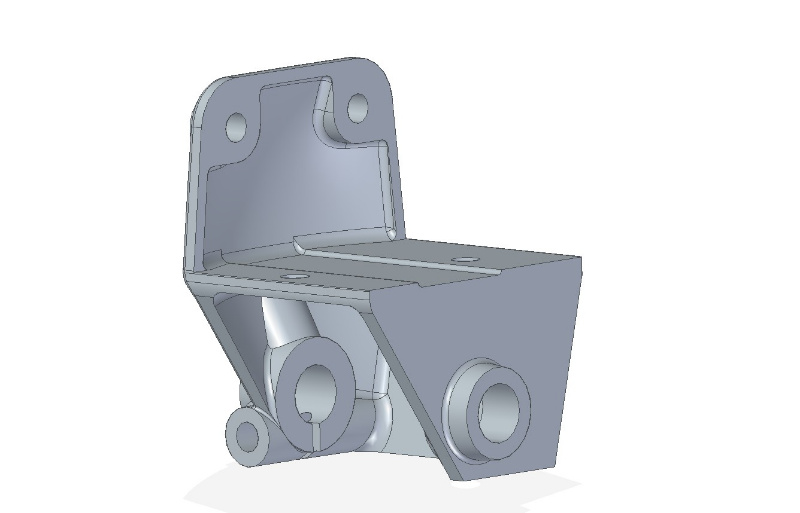Classes 1-2 times per week with activities such as:
- Laboratory exercises in usage of advanced CAD system functions
- Individual work on several parts with complex shapes and structures, based on 2D engineering drawings
The student has to document his/her individual work in a technical report describing modelling approaches and commands used, lessons learnt from each model and reflections over modelling issues and the learning process
Extensive (home)work required, besides scheduled classes
